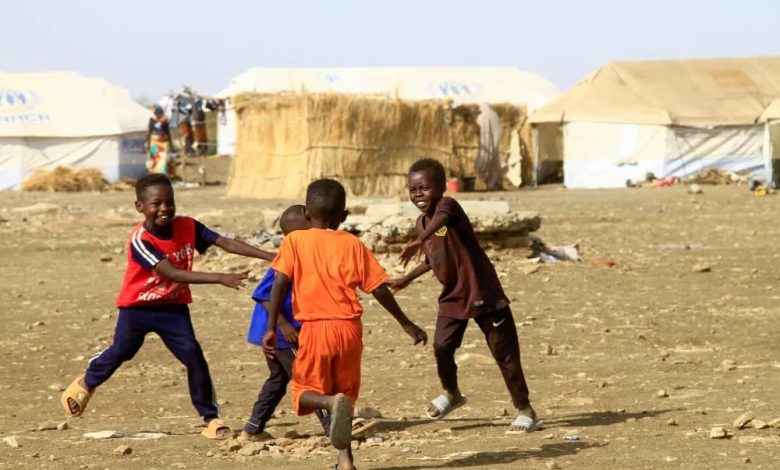Sudan is Not a Lost Cause

By: Suha Musa– New York
A year into the conflict, fatalistic rhetoric continues to limit the world’s attention—and actions—toward Sudan.
This week marks exactly one year since Sudan descended into war.
Over the last year, the world’s most influential organizations, leaders, and publications have characterized Sudan’s ongoing war as catastrophic and beyond a point of no return. On paper, these terms seem reasonable in describing the dire circumstances on the ground. More than 15,000 people have been killed in war-related violence, over 8 million people have been displaced, and widespread hunger is increasing.
Though this language is attention-grabbing—and quotable—it has restricted the international community’s response to the conflict. This style of language—which effectively dismisses many conflict zones as lost causes—is a constant in humanitarian crises. It is often used to suggest the international community’s supposed inability to alleviate suffering. However, in the case of Sudan, as in many wars before, including Syria and now Gaza, this fatalistic rhetoric perpetuates harmful myths—distorting the reality of the conflict, keeping genuine progress at bay, and ultimately contributing to prolonged suffering.
A year into the conflict, which has humble prospects for a peaceful resolution, the preemptive treatment of Sudan as a deserted nation of no hope continues to permit international entities to absolve themselves of blame or attachment to the conflict.
THE POWER STRUGGLE between the Sudanese Armed Forces (SAF), led by Gen. Abdel Fattah al-Burhan, and the Rapid Support Forces (RSF), headed by Mohamed Hamdan “Hemeti” Dagalo, has left Sudanese citizens at home and abroad desperate for a cease-fire as they brace against the threat of disease and famine.
After leading unsuccessful negotiations last year alongside Saudi Arabia, the United States aims to resume peace discussions this week. U.S. special envoy for Sudan Tom Perriello, who is heading American efforts, has argued that because the “crisis is barreling toward a point of no return,” warring parties must seek united ground to end the conflict. But that is easier said than done.
To provide an end to the war, U.S. and Saudi parties must ensure that both the RSF and SAF, along with their foreign sponsors including the United Arab Emirates and Russia, are not just present at the talks but held responsible through levying economic sanctions and demanding civilian oversight in political transition efforts.
As Perriello evokes fear by warning that “a return of extremist elements” threatens the Sudanese people, referring to Iranian support for the SAF, we are reminded that the language is deliberate in positioning Sudan as a proxy battleground in the region. In doing so, Washington pulls focus from the growing humanitarian threats on the ground and centers the conversation on geopolitical rivalries instead.
International discussions that have made a peaceful resolution in Sudan sound impossible have further fueled internal propaganda efforts by both the RSF and SAF.
SAF Lt. Gen. Yasser Al-Atta has long rejected pushes for a cease-fire during and after Ramadan, which ended on April 9 and has previously dismissed peacekeeping efforts by international entities, including the Intergovernmental Authority on Development.
Similarly, the RSF has condemned attacks that it attributes to the SAF and has instead used continued violence as a justification for its own military campaigns. International inaction has prolonged warfare, aided the warring parties’ propagandist missions and influenced civilian responses to the conflict, where many—both domestically and abroad—now feel pressured to choose a side as they adopt the nihilistic attitudes echoed around them.
Suha Musa, a Sudan and greater Middle East researcher based in New York.
APRIL 17, 2024, 2:30 PM



